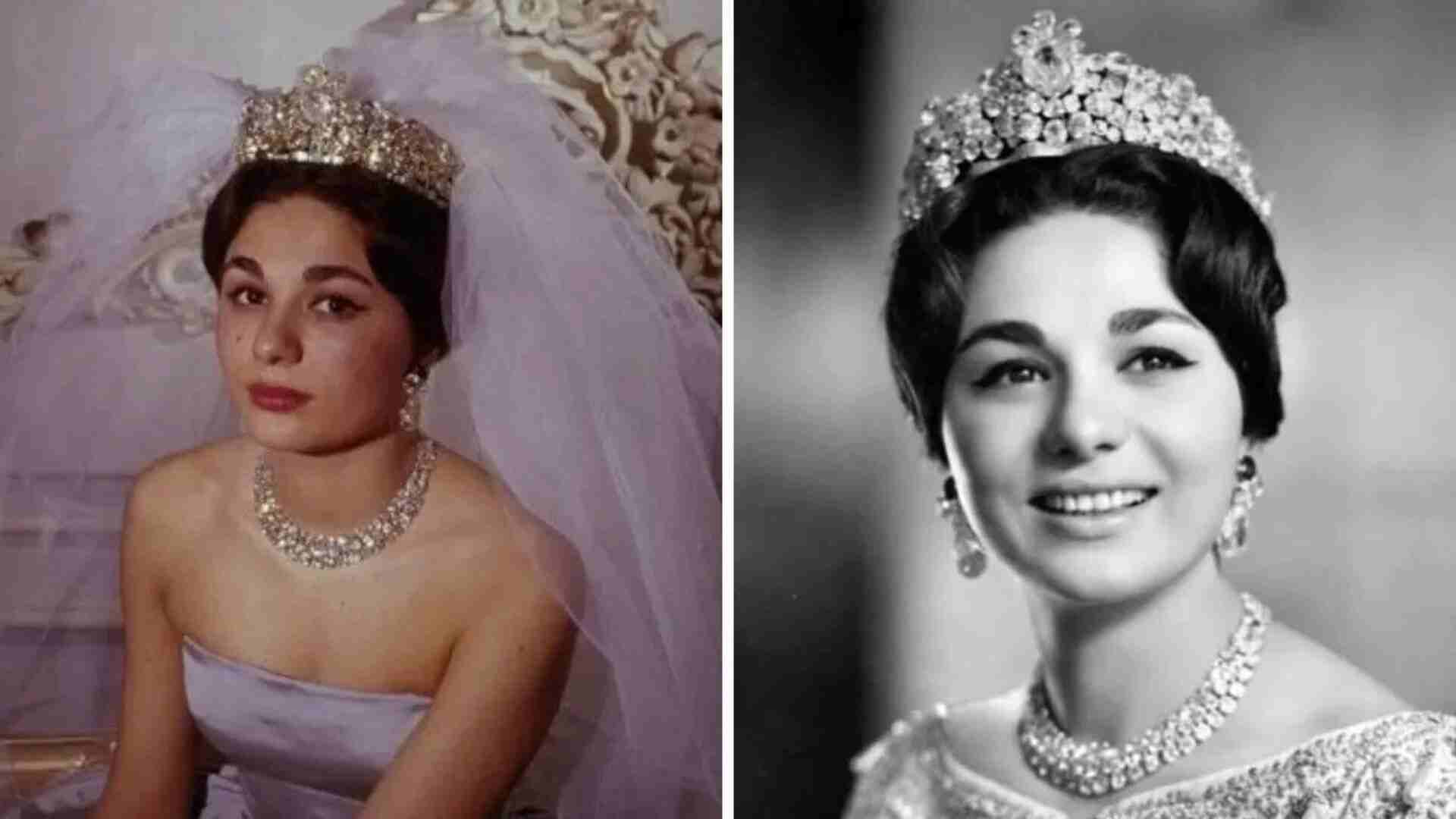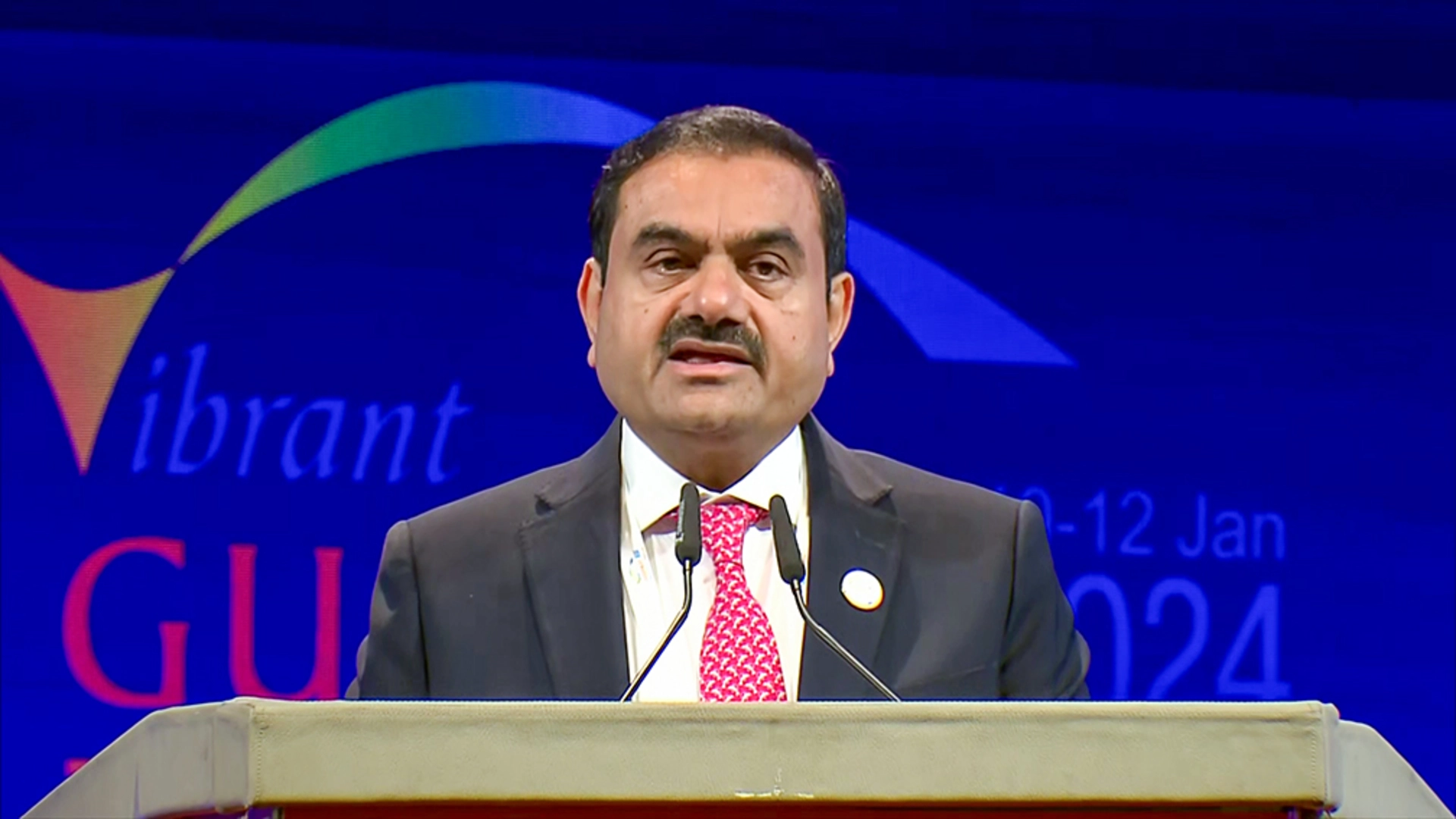
Some of history’s most iconic natural diamonds were discovered in India’s Golconda Mines, known for their impeccable quality. Among these is the Noor-ul-Ain (Eye of Light) diamond, which is a central feature of the Noor-ul-Ain Tiara, part of Iran’s National Jewels collection. Commissioned by the last Shah of Iran, Mohammad Reza Pahlavi, in 1958, the tiara was designed by American jeweler Harry Winston and adorned with white, pink, and yellow diamonds. The Noor-ul-Ain diamond, mounted at the center of the tiara, weighs 60 carats and the entire tiara is said to weigh 2 kilograms. It was a wedding gift from the Shah to his third wife, Farah Diba.
The Noor-ul-Ain diamond originated from Golconda’s Kollur Mine and is considered one of the most remarkable diamonds ever unearthed. It is believed to have been part of the Great Table Diamond, which originally weighed 400 carats. The Great Table Diamond was once a feature of the Peacock Throne of Mughal emperor Shah Jahan. According to the Royal Watcher Blog, “The Peacock Throne and other jewels, including the Koh-i-Noor Diamond, were plundered by Nader Shah from Delhi in 1739 and taken to Persia. At some point, the Great Table Diamond was cut into the 182-carat Darya-i Noor Diamond and the 60-carat Noor-ul-Ain Diamond, both of which remain in the Iranian Crown Jewels to this day.”
Weighing 60 carats, the Noor-ul-Ain is among the largest colored diamonds globally. Naturally Colored notes, “The Noor-ul-Ain is a pink diamond, which means it is part of a group of gems that accounts for only 0.0001 per cent of the world’s precious stones. Additionally, it was classified as a Type IIa diamond, the rarest type of diamond.” Type IIa diamonds are noted for their purity, lacking measurable nitrogen or boron impurities and typically appearing colorless, though they can also be grey, light brown, light yellow, or light pink. Surrounding the Noor-ul-Ain are 324 other baguette-cut diamonds in pink, yellow, and colorless shades, many ranging from 14 to 19 carats each.















